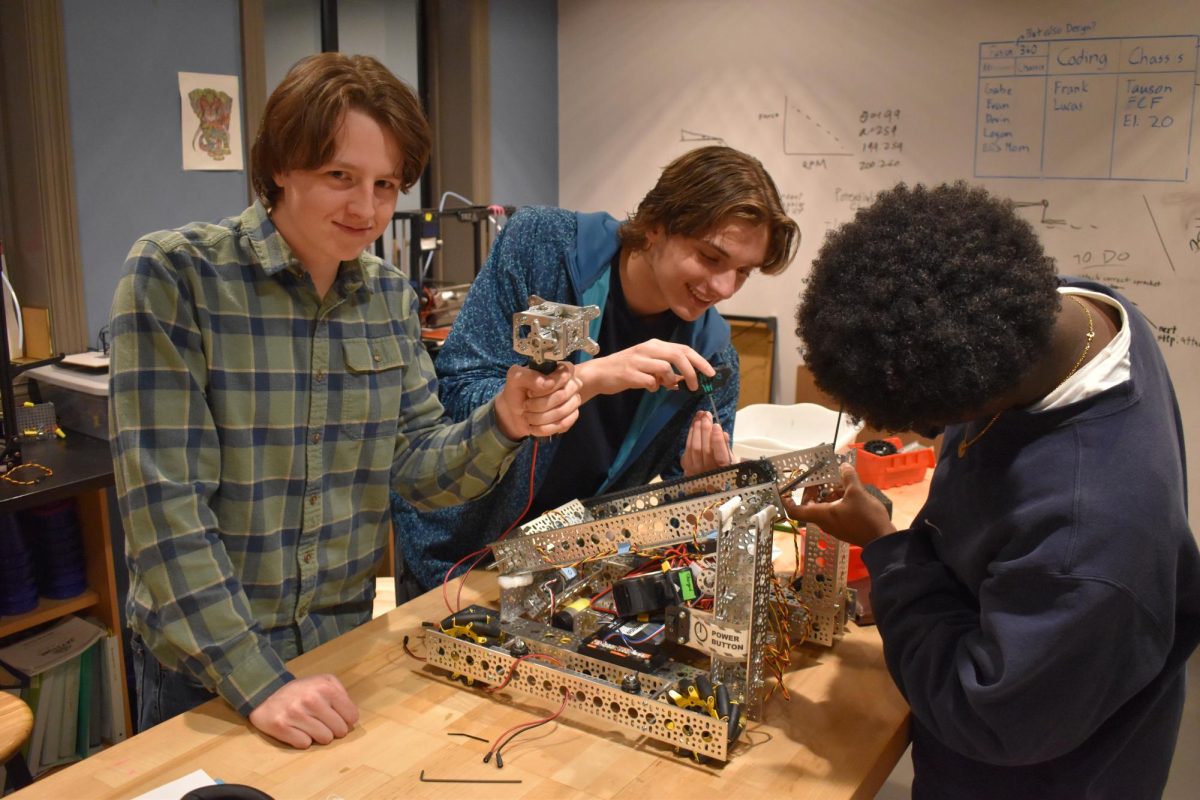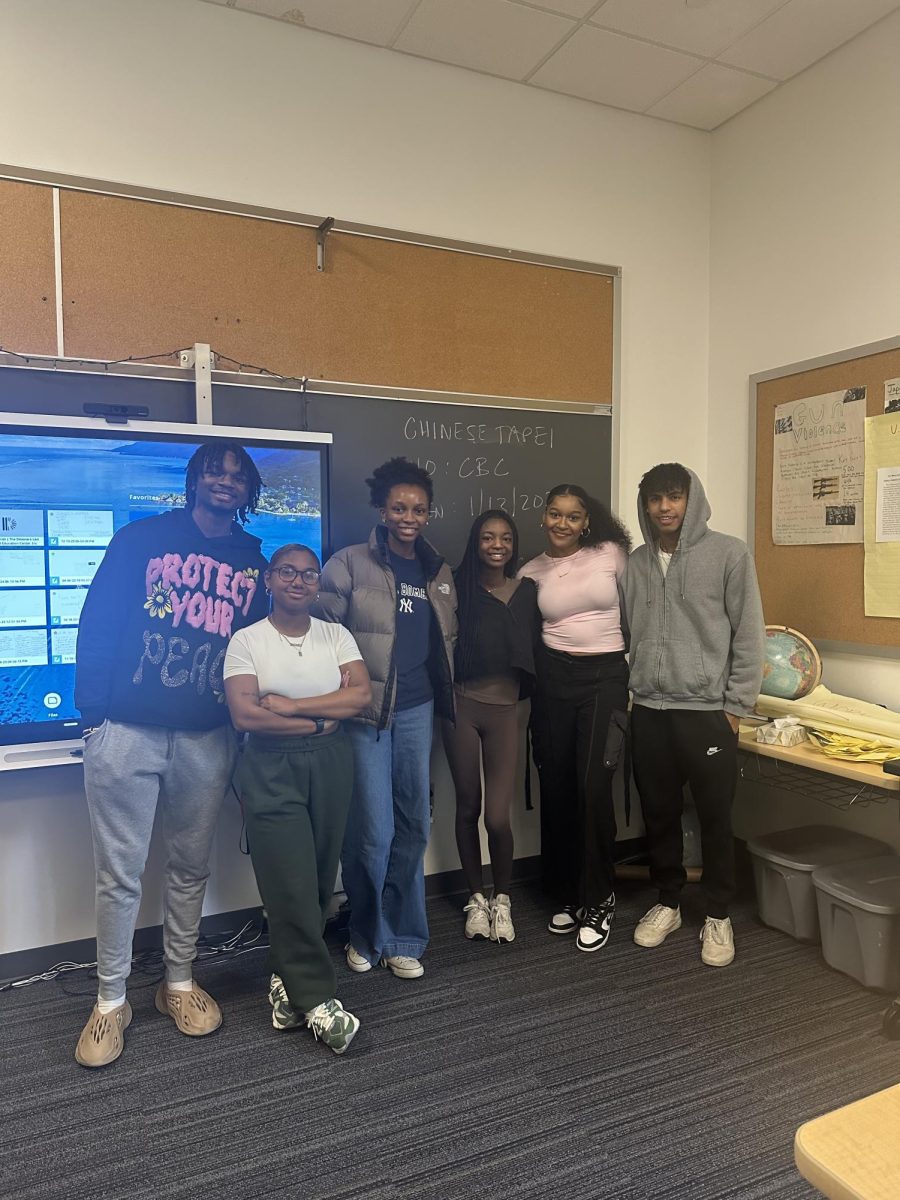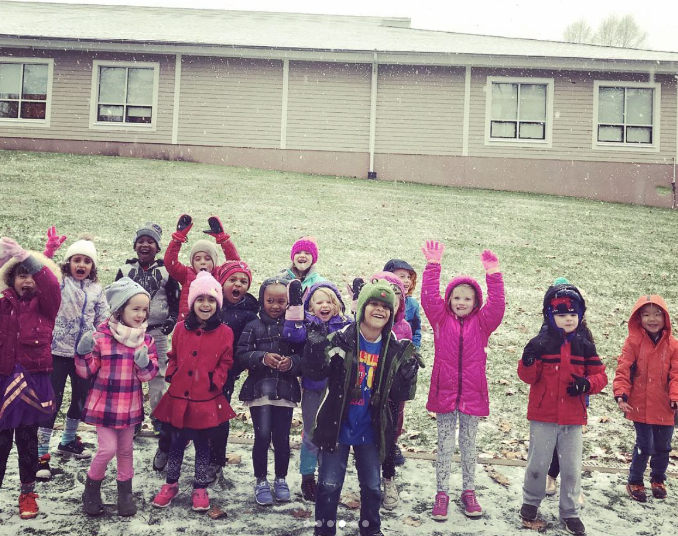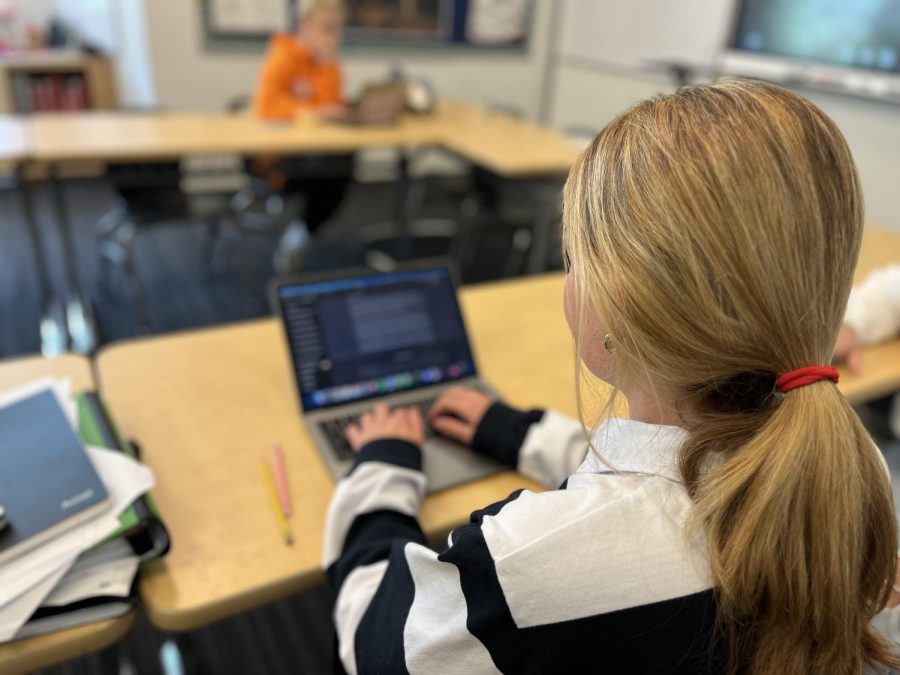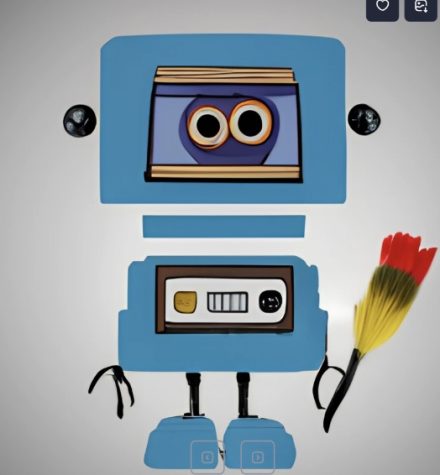Chat GPT In Schools
April 25, 2023
In recent months, there has been a growing debate about whether AI-powered writing tools like ChatSonic, You Chat, and ChatGPT should be allowed in academic settings. ChatGPT 4 is the latest version of OpenAI’s highly advanced language model and is the most popular and widely used of the chatbots. It can generate human-like text in response to various prompts and has been praised for its ability to understand context, generate coherent sentences, and even exhibit a sense of humor. As such, it is no surprise that some IB students and educators have suggested that ChatGPT 4 could be used as a tool to help students improve their writing skills and produce better essays.
Proponents of this idea argue that ChatGPT 4 could be used to help students overcome writer’s block, generate ideas, and even provide feedback on their writing. For example, a student could use ChatGPT 4 to generate a list of potential essay topics based on a given theme or subject area. They could then use the tool to help them brainstorm ideas, expand on key concepts, and even suggest supporting evidence. Similarly, ChatGPT 4 could be used to provide feedback on the structure, coherence, and clarity of a student’s writing, helping them identify areas for improvement. Frank Murphy ’24 said “I am starting to learn web development and ChatGPT has been able to do some surprisingly good analysis of snippets of code I have sent it. It has been able to answer my questions correctly more than half the time and it has even provided other insights, correcting mistakes and inefficiencies in my code even when it was not prompted to do so.”
However, not everyone is convinced that AI-powered writing tools should be allowed in academic settings. Some argue that using ChatGPT 4 to write essays undermines the value of critical thinking and analytical skills that IB students are expected to demonstrate. They argue that relying on AI to generate ideas and arguments detracts from the originality and creativity that should be inherent in a student’s work. Moreover, there are concerns that students who use ChatGPT 4 may not fully understand the ideas and arguments they are presenting, which could lead to a lack of intellectual engagement and curiosity.
Despite these concerns, it is worth noting that the IB has not explicitly banned the use of AI-powered writing tools in essays. Instead, it has left it up to individual schools and teachers to decide whether or not to allow such tools in their classrooms. Some schools and teachers view ChatGPT 4 as a valuable resource that can help students improve their writing skills and produce more polished essays, while others view it as a crutch that undermines the very skills that IB students are expected to develop.
The use of ChatGPT 4 in the IB program is an ongoing issue that will require cooperation and consensus between schools and IB. AI-powered writing tools have raised important questions about the role of technology in education. While some argue that such tools can be a valuable resource for students, others worry that they could undermine the very skills that IB students are expected to develop. Ultimately, it is up to individual schools and teachers to weigh the pros and cons of using ChatGPT 4 in their classrooms and decide whether or not it is appropriate for their students.




